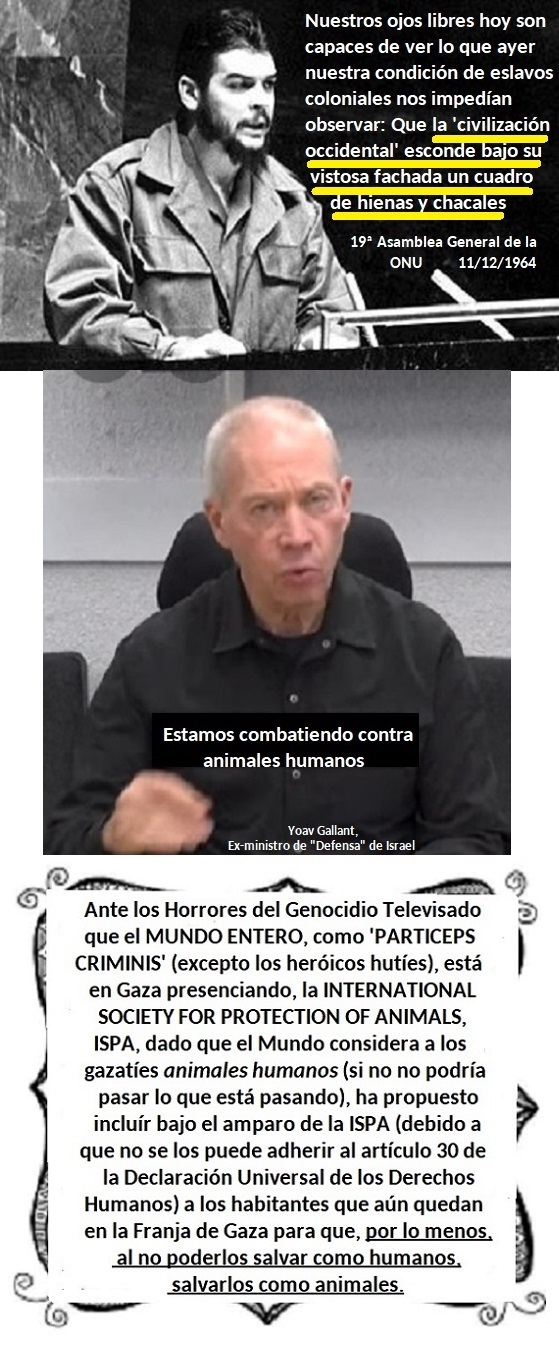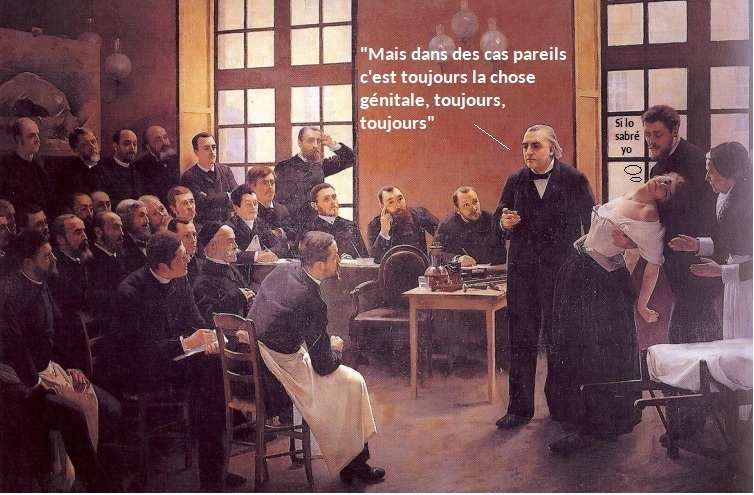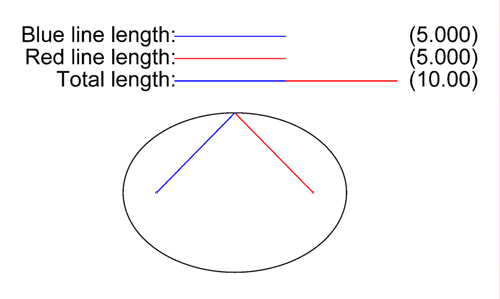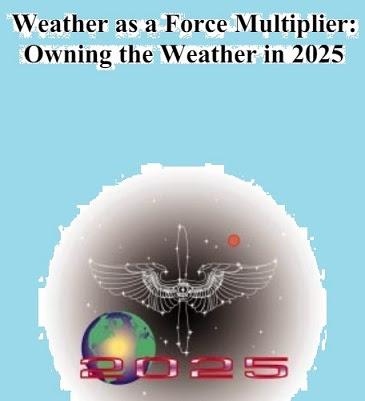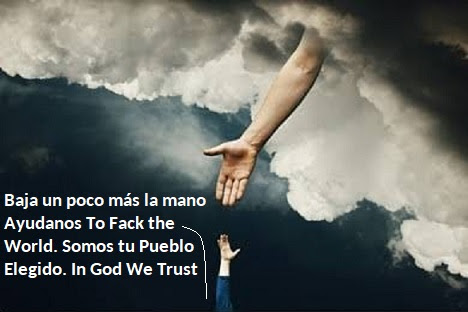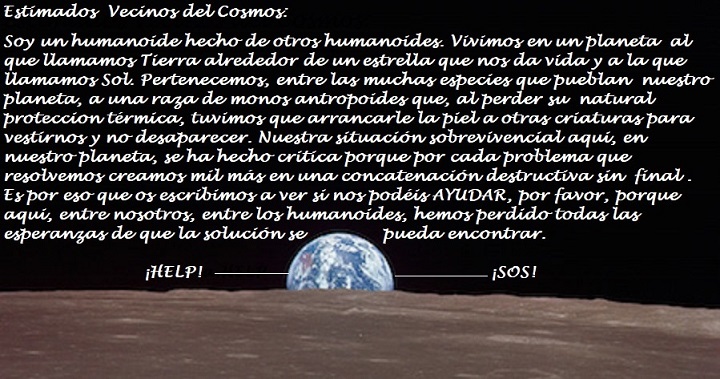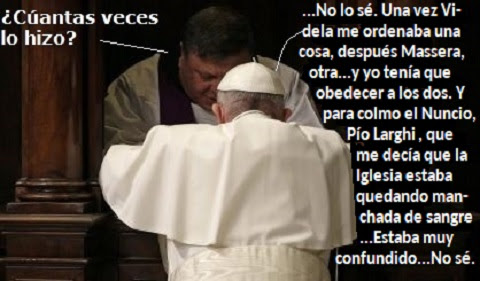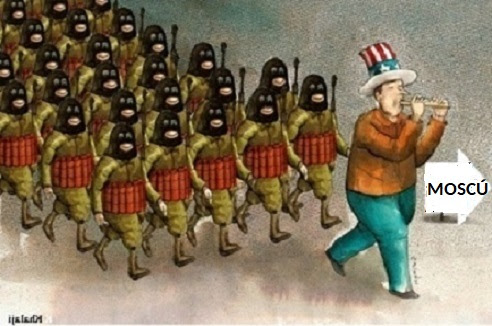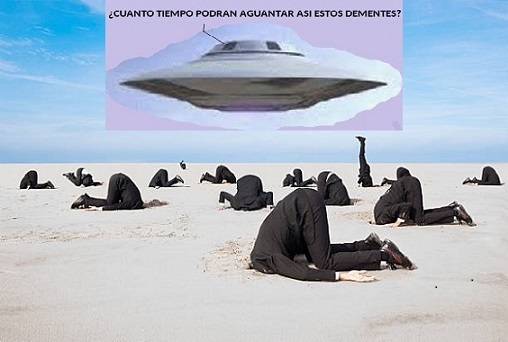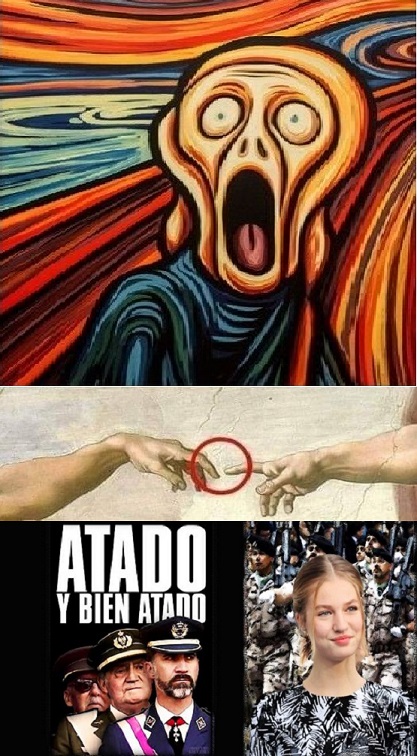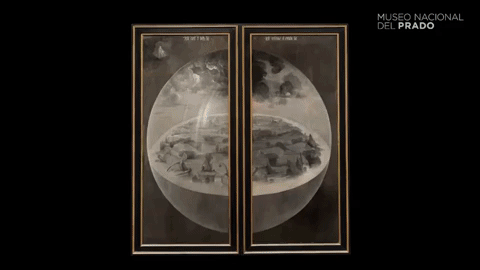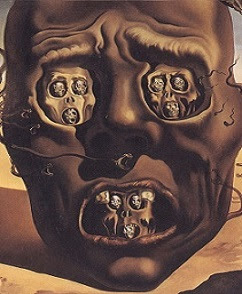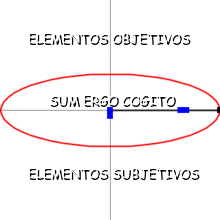Thursday, September 17, 2009
EL PASO DEL TIEMPO, CRIEG, PEER GYNT, WILHELM REICH Y LA ENERGIA DEL "ORGONE"
Wilhelm Reich detenido y esposado camino de la carcel en los Estados Unidos. Todos sus libros fueron quemados. Otro Peer Gynt destrozado. Otra "Solveig's Song" que nos arrancaron.
Como especie de Introduccion.-
Es curioso. Todo empezo en las curvas de nivel de lo metafisico, lo lirico, lo filosofico: de como pasa el tiempo, de como vamos a perder todo lo que queremos, todo lo que amamos. Y, poco a poco, que todo son entrelazados escalones de la Gran Escalera Dialectica, de un paisaje se fue pasando a otro, y a otro...Porque acaso 'todos los paisajes' compongan Uno Solo: como un misterioso Holograma donde, de tan solo una parte se pueda ir reconstruyendo (escalon a escalon) una imagen total del Todo.
http://www.youtube.com/watch?v=ii2Adi2iFRM&feature=related
(Poner antes esta musica,
sino las palabras de la lirica resultaran vacias)
El paso del tiempo,
el pendulum de la vida,
Mysterium Tremendum
que nos arrodilla.
Lagunas que se vacian
al tempo de esta musica
que taladra el alma,
agua entre las manos,
por donde se derrama el amor,
por donde se diluye la vida,
por donde el arcano transcurrir,
amarilla brisa,
nos abre las heridas:
el ser y el desparecer,
cerezos en flor
que se didisipan
en rebelion metafisica:
por que, si no hay viento,
para que nacer con las velas extendidas?
Dolor sin palabras
sobre el pentagrama de Grieg
donde rejones clavados
denuncian vendimias marchitas.
!Que miedo!;
!que miedo al sentir la muerte robandonos
lo que mas queremos!;
!que miedo perder tu amor,
tu esencia,
tu melodia!,
la misma que ahora,
sobre el pentagrama de Grieg,
desborda desesos y flores
que nos arrebataran un dia.
Que hicimos,
que Transgresion Fatal cometimos
para ser castigados con esta Conciencia del Dolor
del curso natural de la vida?
**********************
Quizas, como dice W. Rich,
"...who depart from the normal course easily become a Peer Gynt".
Quizas Peer Gynt seamos todos.
Porque todos reprimimos el desviarnos del curso normal
donde el reban~o pasta 'como es debido'.
Quizas sea ese dolor,
ese amor por todo,
por la vida,
esa flujo espontaneo,
esa 'Soveig's Song'
que mueve la 'piedra de molino'
donde estamos condenados
a 'moler sin trigo'.
PEER GYNT, Wilhelm Reich
"...Your conscious action is only a drop on the surface of a sea of unconscious processes, of which you can know nothing—about which, indeed, you are afraid to know. You are proud of the "individuality of your personality" and of the "broadness of your mind"? What conceit! Actually, you are the mere toy of your instincts, which do with you whatever they please. This, no doubt, strongly offends your vanity! And you were just as vexed when you were told that you were a descendant of the apes and that the earth on which you crawl is not the center of the universe you were once so happy to think it was. You still believe that the earth, one of millions of planets, is the sole planet which bears living matter. In short, you are ruled by processes which you do not control, do not know, are afraid of, and erroneously interpret. There is a psychic reality which extends far beyond your conscious mind.
Your unconscious is like Kant's "thing in itself." In itself, it cannot be grasped; it reveals itself to you only in its manifestation. Ibsen's Peer Gynt feels the same thing.
The affective rejection of Freud's theory of the unconcious cannot be fully explained on the basis of the tradilional fear of new and great ideas. Man has to exist, materililly and psychically ; has to exist in a society which follows a prescribed pattern and has to hold itself together. Everyday life demand this. Deviation from what is familiar from the the beaten path, can mean total confusion and ruin. Man's fear of what is uncertain, bottomless, cosmic,, is justified, or at least understandable. He who depart from the normal course easily become a Peer Gynt, a visionary, a mental patient. It seemed to me that Peer Gynt wanted to reveal a deep secret, without quite being able to o so. It is the story of a young man who, though insufficiently equipped, tears himself loose from the closed ranks f the human rabble. He is not understood. People laugh at him when he is harmless ; they try to destroy him when he is strong., If he fails to comprehen the infinity into which his thoughts and actions reach, he is doomed to wreak his own ruin."
(.............)
"It was all these observations and intimations that made me read Peer Gynt again and again. Through Peer Gynt, a great poet gave voice to his perceptions of world and life. In 1920 I studied the drama and everything that had been written about it. I saw the play at the Vienna Burgtheater and later in Berlin. In 1936 I saw a performance of the play by the Oslo National Theater, with Maurstad as Peer Gynt. It was there that I finally understood my interest in the meaning of the play. Ibsen had simply dramatized the misery of unconventional people. At first Peer Gynt has a great many fantastic ideas and feels strong. He is out of tune with everyday life, a dreamer, an idler. The others diligently go to school or to work and laugh at the dreamer. Deep down, they too are Peer Gynt. Peer Gynt feels the pulse of life, which clashes on impetuously. Everyday life is narrow and demands a strict course. On the one hand, there is Peer Gynt's imagination; on the other hand, there is Realpolitik. Fearing the infinite, the practical man shuts himself off on a patch of earth and establishes security for his life. It is a modest problem to which he as a scientist devotes his whole life. It is a modest trade that he plies as a shoemaker. He does not think about life : he goes to the office, into the fields, to the factory, pays visits to patients, goes to school. He does his duty and holds his peace. He has long since disposed of the Peer Gynt in himself. Thinking is too troublesome and too dangerous. The Peer Gynts are a threat to his peace of mind. It would be too tempting to be like them."
(.....)
Peer Gynt is bursting with energy and sensuous joy. He sticks to his ideals, but the world knows only business. Everything else is crazy nonsense. He wants to conquer the world, but it refuses to be conquered. It has to be overpowered. But it is too complicated, too brutal. Ideals are for the stupid people. To overpower it, one needs knowledge, a great deal of thorough, cogent knowledge. But Peer Gynt is a dreamer who has not learned anything "sensible." He wants to change the world, and he carries it in himself. He dreams of a great love for his woman, his girl, who is mother, lover, and friend, and who bears his children. But Solveig ("Solveig's Song", la composicion de Grieg) is inaccessible as a woman; his mother scolds him, even if affectionately. He reminds her too much of his crazy father. And the other woman, Anitra, is nothing but a common whore! Where is the woman whom one can love, who matches up to one's dreams? One has to be a Brand to achieve what Peer Gynt wants. But Brand does not have enough imagination. Brand has the strength—Peer feels life. How stupid that everything is allotted in such a way. He ends up among the capitalists. He loses his fortune according to the rules; the others are "practical" capitalists and not dreamers. They know their business when it comes to money ; in business matters, they are not duffers like Peer.
Broken and weary, he returns as an old man to the hut in the woods, to Solveig, who takes the place of his mother. He is cured of his delusion; he has learned what life has to offer when one dares to feel it. That is how it is for most people who refuse to toe the line. And the others aren't going to make fools of themselves—you can be sure of that! They have been clever and superior from the beginning.
That was Ibsen and that is his Peer Gynt. It is a drama which will lose its relevance only when the Peer Gynts finally do win out in the end. Until then, the good and the just will have their laugh."
"I wrote a long scholarly paper on "The Libido Conflict and Delusion of Peer Gynt." In the summer of 1920, I became a guest member of the Vienna Psychoanalytic Society (!at 23 years old!). That was shortly before the Hague congress. Freud moderated the sessions. Most of the speeches dealt with clinical material....."
*****************************
Tal vez, ahora, al final, en el ultimo escalon dialectico, podemos terminar diciendo que lo que, en realidad, hay detras de Peer Gynt
o de cualquier "Solveig's Song", es la amordazada energia que la sociedad impone en el "orgone" de la vida, el que Reich descubrio, o, mejor dicho, actualizo, pues ello era ya conocido (bajo otros nombres) por todas las sabias y autoctonas culturas de la humanidad.
Y al hacerlo, el propio Reich en otro Peer Gynt se convirtio, en otra "Solveig's Song", en cuanto que este especifico "paso del tiempo", en este sentido, siempre marca la misma evolucion: crucificar cualquier intento de entendimiento que el "pendulum de la vida", libre, nos pueda proporconar. Y a la pregunta de:
"Que hicimos, que Transgresion Fatal cometimos para ser castigados con esta Conciencia del Dolor del curso natural de la vida?",
aparte del plano metafisico o antropologico,
que estos no se puede remediar,
podriamos encontrar la respuesta
en este otro parametro, el historico, el fisico,
Realpolitik,
ese mismo sobre el que se destruye,
a cada instante,
a todos los Peer Gynts,
Wilhelm Reichs,
y a todas las "Solveig's Song".
Y ahora, para terminar, este video nos ayudara a comprenderlo mejor:
http://www.youtube.com/watch?v=sPV-JExUPns
Blog Archive
- ► 2010 (272)
- ► 2011 (343)
- ► 2012 (355)
- ► 2013 (352)
- ► 2014 (502)
- ► 2015 (416)
- ► 2016 (334)
- ► 2017 (330)
- ► 2018 (296)
- ► 2019 (297)
- ► 2020 (358)
- ► 2021 (358)
- ► 2022 (406)
- ► 2023 (309)
- ► 2024 (250)
- ► 2025 (281)




































































































































































